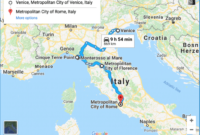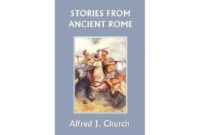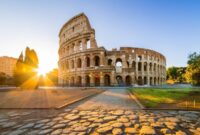Greek goddesses, with their captivating presence and profound influence, have woven their way into the tapestry of Western culture. From the ethereal beauty of Aphrodite to the fierce wisdom of Athena, these divine figures have shaped mythology, art, and literature for centuries.
Embark on an enthralling journey as we explore the pantheon of Greek goddesses, unraveling their origins, domains, and enduring legacy.
The narrative unfolds, delving into the captivating stories of these goddesses, revealing their unique attributes, symbols, and roles in shaping the destinies of mortals and immortals alike. Prepare to be enchanted by the multifaceted nature of the divine feminine as we uncover the essence of Greek goddesses.
Pantheon of Greek Goddesses
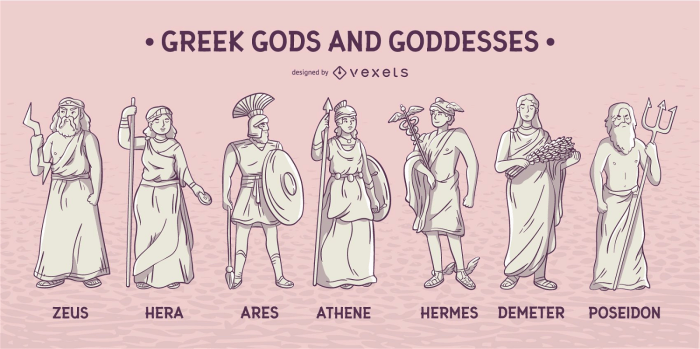
Greek mythology is renowned for its pantheon of goddesses, each embodying unique domains and wielding immense power. From the majestic Olympians to the enigmatic underworld deities, these goddesses played pivotal roles in shaping the fate of mortals and the cosmos itself.
Organized by their respective domains, here is a comprehensive list of major and minor Greek goddesses:
Olympian Goddesses
- Hera: Queen of the gods, goddess of marriage, women, childbirth, and family
- Athena: Goddess of wisdom, war, strategy, crafts, and the city
- Aphrodite: Goddess of beauty, love, pleasure, and procreation
- Artemis: Goddess of the hunt, wilderness, childbirth, and young women
- Demeter: Goddess of the harvest, fertility, nature, and the seasons
- Hestia: Goddess of the hearth, home, and family
Other Major Goddesses
- Gaia: Primordial goddess of the Earth
- Nyx: Goddess of night
- Eris: Goddess of discord and strife
- Hecate: Goddess of witchcraft, magic, and the underworld
- Persephone: Goddess of the underworld and springtime
Minor Goddesses
Numerous minor goddesses existed in Greek mythology, each with specific functions and associations. Here are a few examples:
- Charites: Goddesses of grace, beauty, and charm
- Horae: Goddesses of the seasons and time
- Moirai: Goddesses of fate and destiny
- Nemesis: Goddess of divine retribution and vengeance
- Nike: Goddess of victory
Origins and Evolution of Greek Goddesses
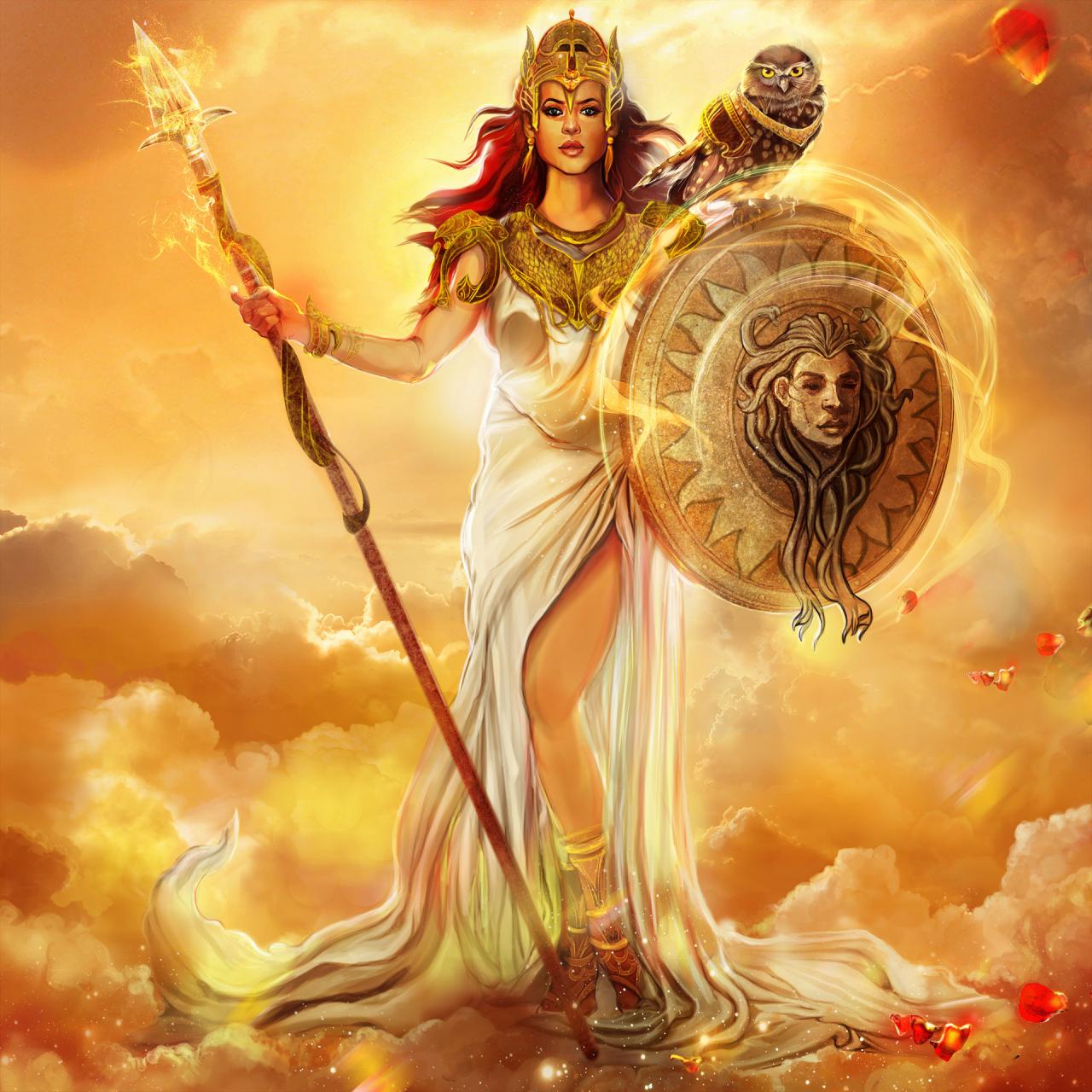
The origins of Greek goddesses can be traced back to the pre-Hellenic period, where various cultures influenced their development. As the Greek civilization evolved, so did the roles and depictions of these goddesses, reflecting the changing societal norms and beliefs.
Pre-Hellenic Roots
- Minoan Culture:The Minoan civilization on Crete worshipped female deities associated with nature, fertility, and the underworld.
- Mycenaean Culture:The Mycenaeans revered goddesses connected to warfare, hunting, and domesticity.
- Near Eastern Influence:The Greek pantheon was influenced by deities from neighboring civilizations, such as Ishtar (Mesopotamia) and Astarte (Phoenicia).
Evolution Over Time
During the Archaic and Classical periods, the Greek goddesses evolved into distinct personalities with specific domains and attributes. Their roles expanded beyond nature and fertility to encompass aspects of war, wisdom, love, and the arts.
Amongst the celestial ranks of Greek goddesses, one finds the likes of Artemis, the huntress, and Athena, the goddess of wisdom. These divine figures have inspired countless tales and works of art throughout history. In the realm of culinary delights, one can also find inspiration from the gods.
Grapevine restaurants , for instance, offer a taste of ambrosia that would make any goddess proud. From succulent steaks to delectable desserts, these eateries serve up dishes that are fit for the divine. And as the evening draws to a close, one can imagine the goddesses themselves gathering at these tables, sharing stories and laughter over a glass of nectar.
- Homeric Epic:The epics of Homer, such as the Iliad and Odyssey, played a significant role in shaping the mythology and personalities of the Greek goddesses.
- Athenian Reforms:The Athenian reforms of the 6th century BCE elevated the status of Athena, making her the patron goddess of the city.
- Hellenistic Period:In the Hellenistic period, foreign influences and the rise of mystery cults led to the emergence of new goddesses and the syncretism of existing ones.
Domains and Attributes of Greek Goddesses
The Greek pantheon of goddesses embodied a diverse range of domains, each reflecting the multifaceted nature of the divine feminine. From love and beauty to war and wisdom, these goddesses possessed unique attributes and symbols that symbolized their divine powers and responsibilities.
Domains of Greek Goddesses
The domains of Greek goddesses encompassed a vast array of human experiences and aspects of nature. These included:
- Love and Marriage: Aphrodite, Hera
- War and Strategy: Athena, Enyo
- Wisdom and Knowledge: Athena, Metis
- Nature and Fertility: Artemis, Demeter
- Hearth and Home: Hestia
- Destiny and Fate: The Moirae
Attributes and Symbols of Greek Goddesses
The attributes and symbols associated with Greek goddesses reflected their divine powers and responsibilities. These included:
- Aphrodite: Dove, myrtle, rose
- Hera: Peacock, pomegranate
- Athena: Owl, olive tree, spear
- Artemis: Bow and arrow, crescent moon
- Demeter: Sheaf of wheat, poppy
- Hestia: Hearth, torch
- The Moirae: Spindle, thread, shears
Goddesses in Greek Mythology: Greek Goddesses
The goddesses of Greek mythology played pivotal roles in shaping the narratives and destinies of the gods, heroes, and mortals alike. Their involvement extended beyond their designated domains, influencing the course of major events and the lives of individuals.
Goddesses in Major Mythological Narratives
In the Trojan War, goddesses such as Hera, Athena, and Aphrodite played significant roles. Hera’s unwavering support for the Greeks and her desire for revenge against Troy fueled the conflict. Athena, the goddess of war and wisdom, guided the Greeks and ensured their victory.
Aphrodite, the goddess of love and beauty, intervened on the side of the Trojans, swayed by Paris’s promise of the most beautiful woman in the world.
In the Odyssey, goddesses like Athena, Circe, and Calypso influenced Odysseus’s journey home. Athena served as his patron goddess, protecting him from harm and guiding his path. Circe, the sorceress goddess, tested Odysseus’s resolve with her enchantments, while Calypso, the nymph goddess, kept him captive on her island for seven years.
The Theogony, Hesiod’s account of the origins of the gods, depicts goddesses as central figures in the creation and evolution of the cosmos. Gaia, the primordial goddess of the Earth, gave birth to the Titans, the Cyclopes, and the Hundred-Handed Ones.
One could almost picture the Greek goddesses frolicking through the majestic forests of Olympic National Park, their laughter echoing through the towering trees. If you seek an abode amidst this natural wonderland, consider exploring where to stay olympic national park . With options ranging from cozy cabins to luxurious lodges, you’ll find the perfect sanctuary to complement your exploration of this enchanting realm where ancient deities once danced.
Metis, the goddess of wisdom and counsel, played a crucial role in Zeus’s rise to power, while Themis, the goddess of justice and order, established the laws and customs of the gods.
Interactions with Other Divine Figures and Influence on Mortals
Goddesses interacted closely with other divine figures, forming alliances and rivalries that shaped the course of events. Hera’s jealousy of Zeus’s infidelity led her to pursue revenge against his mistresses and their children. Athena’s rivalry with Poseidon for control of Athens resulted in the naming of the city after her.
Aphrodite’s love affairs with both gods and mortals often caused turmoil and heartache.
The goddesses also had a profound influence on the fates of mortals and heroes. Aphrodite’s intervention in the judgment of Paris led to the Trojan War, while Athena’s protection of Perseus aided him in his quest to slay Medusa. Hera’s wrath pursued Heracles throughout his life, while Demeter’s grief over the loss of her daughter Persephone brought about the change of seasons.
Influence of Greek Goddesses on Art and Literature
Greek goddesses have played a pivotal role in shaping the artistic and literary landscape of Western civilization. Their stories, attributes, and iconic representations have served as enduring sources of inspiration for artists, writers, and poets throughout history.From the towering marble sculptures of the Parthenon to the vibrant paintings of the Renaissance, Greek goddesses have been immortalized in various forms of art.
Sculptors have captured their graceful poses, flowing robes, and divine attributes, while painters have depicted their beauty, power, and the stories surrounding them. In literature, goddesses have served as protagonists, antagonists, and symbols, enriching the narratives and providing profound insights into human nature and the divine realm.
Goddesses in Sculpture
Greek sculptors have skillfully rendered goddesses in marble, bronze, and other materials, capturing their essence and conveying their stories through intricate details and expressive gestures. Famous examples include the majestic Athena Parthenos, the serene Aphrodite of Milos, and the enigmatic Nike of Samothrace.
These sculptures have become iconic representations of Greek deities, embodying their power, grace, and mythological significance.
Goddesses in Painting
Greek goddesses have also been a popular subject in painting, from ancient frescoes to Renaissance masterpieces. Artists have depicted goddesses in a variety of settings, including scenes from mythology, portraits, and allegorical representations. Botticelli’s “Birth of Venus” and Titian’s “Venus of Urbino” are notable examples that showcase the enduring influence of Greek goddesses on the Western art tradition.
Goddesses in Literature
In Greek mythology, goddesses play complex and multifaceted roles. They are powerful beings with unique domains and attributes, often embodying aspects of nature, human emotions, or abstract concepts. Their stories have been passed down through generations, inspiring writers and poets to explore themes of love, loss, power, and destiny.
From Homer’s “Iliad” to Shakespeare’s “A Midsummer Night’s Dream,” Greek goddesses have left an indelible mark on Western literature.
Modern Interpretations of Greek Goddesses
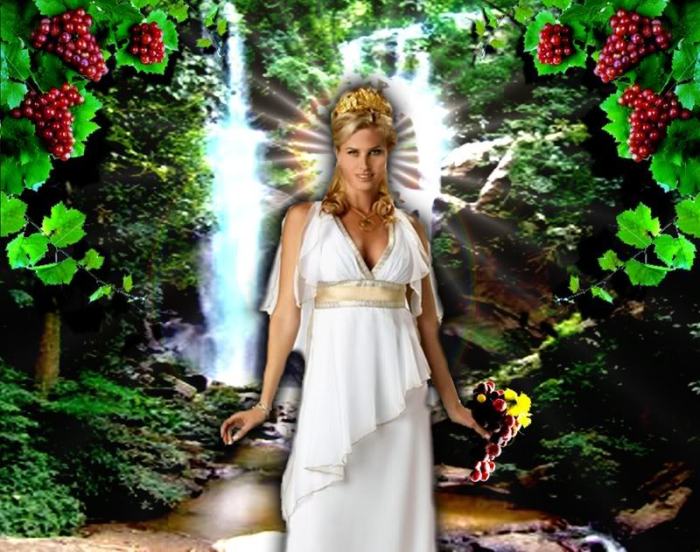
In contemporary times, Greek goddesses continue to captivate our imaginations and inspire diverse interpretations. From popular culture to feminist studies and modern religious movements, these goddesses have become symbols of female empowerment, spirituality, and the evolving role of women in society.
These interpretations reflect a shift in societal attitudes towards the divine feminine. The goddesses, once revered as distant and untouchable beings, are now seen as relatable figures with human qualities and experiences. This shift has empowered women to embrace their own divine potential and challenge traditional gender roles.
Popular Culture, Greek goddesses
In popular culture, Greek goddesses have become ubiquitous figures in movies, television shows, and literature. These portrayals often depict the goddesses as strong, independent, and flawed, reflecting the complexities of modern women. By presenting goddesses as relatable characters, popular culture has made them more accessible and relevant to contemporary audiences.
Feminist Studies
Feminist scholars have reclaimed Greek goddesses as symbols of female power and resistance. They argue that the goddesses represent the marginalized voices of women throughout history. By studying and reinterpreting these figures, feminist scholars seek to challenge patriarchal narratives and empower women to reclaim their own agency.
Modern Religious Movements
In modern religious movements, such as Wicca and Neo-Paganism, Greek goddesses have become central figures of worship. These movements often view the goddesses as embodiments of the divine feminine and as sources of spiritual guidance and empowerment. By incorporating Greek goddesses into their practices, these movements offer women a connection to a powerful and ancient tradition.
Closing Notes
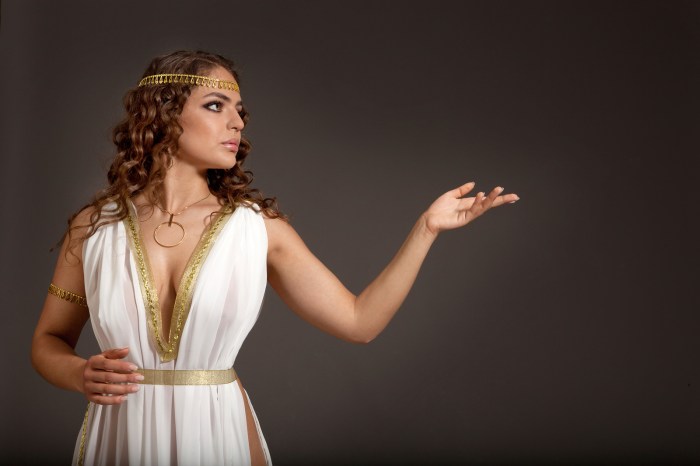
As we conclude our exploration of Greek goddesses, their divine presence continues to resonate through the annals of time. Their stories, imbued with timeless wisdom and enduring power, serve as a testament to the enduring fascination with the divine feminine.
Whether in ancient myths or modern interpretations, Greek goddesses remind us of the multifaceted nature of the feminine spirit and its profound influence on human imagination and culture.
